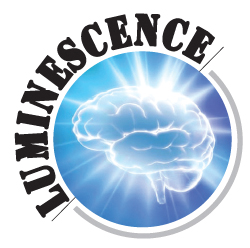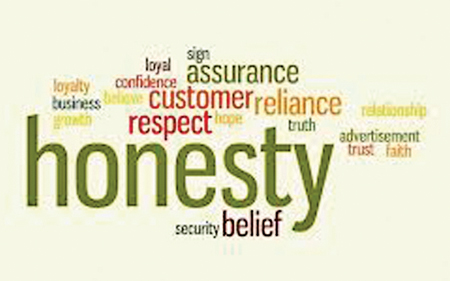 In a world where appearances often overshadow reality, the virtues of honesty and authenticity stand as timeless pillars of personal integrity. These qualities are not just ethical ideals; they are the bedrock of trust, respect, and self-worth. Honesty in education and life is more than a moral choice—it is a pathway to inner peace, meaningful relationships, and long-lasting credibility.
In a world where appearances often overshadow reality, the virtues of honesty and authenticity stand as timeless pillars of personal integrity. These qualities are not just ethical ideals; they are the bedrock of trust, respect, and self-worth. Honesty in education and life is more than a moral choice—it is a pathway to inner peace, meaningful relationships, and long-lasting credibility.
Trust is one of the most valuable currencies in human interaction. It takes years to build but only moments to destroy. Lies, whether they are minor deceptions or major fabrications, have a tendency to unravel. Once the truth emerges—and it inevitably does—the damage to one’s reputation is often irreparable.
 When people discover dishonesty, they do not merely question the specific lie but also the integrity of the individual as a whole. A single lapse in honesty can cast a shadow over years of good conduct, leading others to doubt every action or word. In professional settings, academic endeavours, or personal relationships, the loss of trust can isolate individuals and significantly hinder their progress.
When people discover dishonesty, they do not merely question the specific lie but also the integrity of the individual as a whole. A single lapse in honesty can cast a shadow over years of good conduct, leading others to doubt every action or word. In professional settings, academic endeavours, or personal relationships, the loss of trust can isolate individuals and significantly hinder their progress.
Beyond external repercussions, dishonesty exacts a toll on one’s self-conscience. Deceit creates an internal conflict that often manifests as guilt, anxiety, and self-doubt. These feelings can weigh heavily on the mind, eroding self-esteem and inner peace.
In contrast, honesty nurtures self-conscience. When you act authentically and truthfully, you align your actions with your values. This alignment fosters a sense of fulfillment and confidence that no external validation can replace. Living with a clear conscience means being free from the constant fear of exposure, which is a freedom that lies can never offer.
True education extends beyond textbooks and examinations; it is about cultivating discipline, curiosity, and ethical responsibility. By being honest in academic pursuits, students develop resilience, accountability, and a genuine understanding of their capabilities. These qualities not only shape their careers but also prepare them to navigate the complexities of life with integrity.
Authenticity goes hand in hand with honesty, and together, they create the foundation for a meaningful existence. Being authentic means embracing your true self—your strengths, weaknesses, beliefs, and aspirations. It requires courage to express yourself without succumbing to societal pressures or the fear of judgment.
 When you live authentically, you attract genuine connections. People value and trust those who are consistent in their words and actions. Authenticity fosters deeper relationships because it creates an environment where others feel safe to be themselves as well.
When you live authentically, you attract genuine connections. People value and trust those who are consistent in their words and actions. Authenticity fosters deeper relationships because it creates an environment where others feel safe to be themselves as well.
Being honest does not mean avoiding challenges; in fact, it often requires facing difficult situations head-on. Admitting mistakes, delivering hard truths, or standing up for what is right can be uncomfortable, but these actions demonstrate courage and character.
For example, in the workplace, acknowledging an error rather than concealing it shows responsibility and a willingness to learn. In relationships, open communication about feelings and expectations prevents misunderstandings and builds mutual respect.
The rewards of honesty are multifaceted. Externally, it earns you the respect and trust of those around you, opening doors to opportunities and collaborations. Internally, it cultivates a sense of self-respect and mental clarity that enhances your quality of life.
Moreover, honesty has a ripple effect. When you lead by example, you inspire others to value truth and authenticity. This influence can create a culture of trust in your personal and professional circles, enriching everyone involved.
Honesty and authenticity are not always the easiest choices, but they are undoubtedly the most rewarding. A life built on lies may offer fleeting advantages, but it is ultimately hollow and fragile. In contrast, a life of truth and integrity stands resilient against challenges and commands enduring respect.
As you navigate the complexities of education and life, remember that your actions shape not only your reputation but also your self-conscience. Choose honesty—not because it is expected, but because it is right. In doing so, you will create a legacy of trust, respect, and authenticity that speaks volumes about your character.









